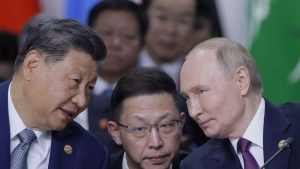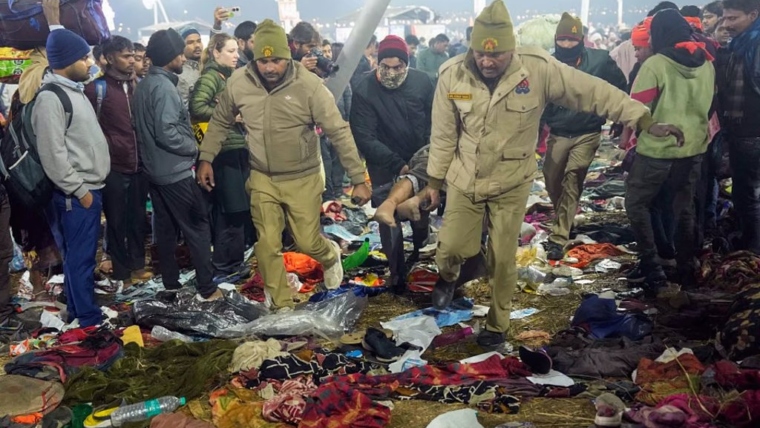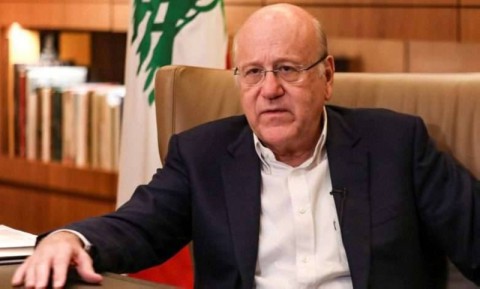The BRICS summit of emerging economies concluded in the Russian city of Kazan, where Russian President Vladimir Putin presided over the closing session of the three-day summit, which focused on deepening financial cooperation and developing alternatives to Western-dominated payment systems.
The summit focused on deepening financial cooperation, developing alternatives to Western-dominated payment systems, resolving regional conflicts and expanding the group’s membership.
The alliance, which was founded in 2009 and includes Brazil, Russia, India, China and South Africa, has expanded significantly with the addition of Iran, Egypt, Ethiopia, the United Arab Emirates and Saudi Arabia. Turkey, Azerbaijan and Malaysia have also formally applied for membership, while other countries have expressed interest in joining.
The current summit was attended by leaders and representatives from 36 countries.

During the BRICS Plus session, Putin criticized the West, accusing it of trying to curb the growing power of the global South through unilateral sanctions, trade protectionism and manipulation of currency and stock markets.
Chinese President Xi Jinping emphasized the group’s role in ensuring global security, citing the China-Brazil peace initiative on Ukraine.




